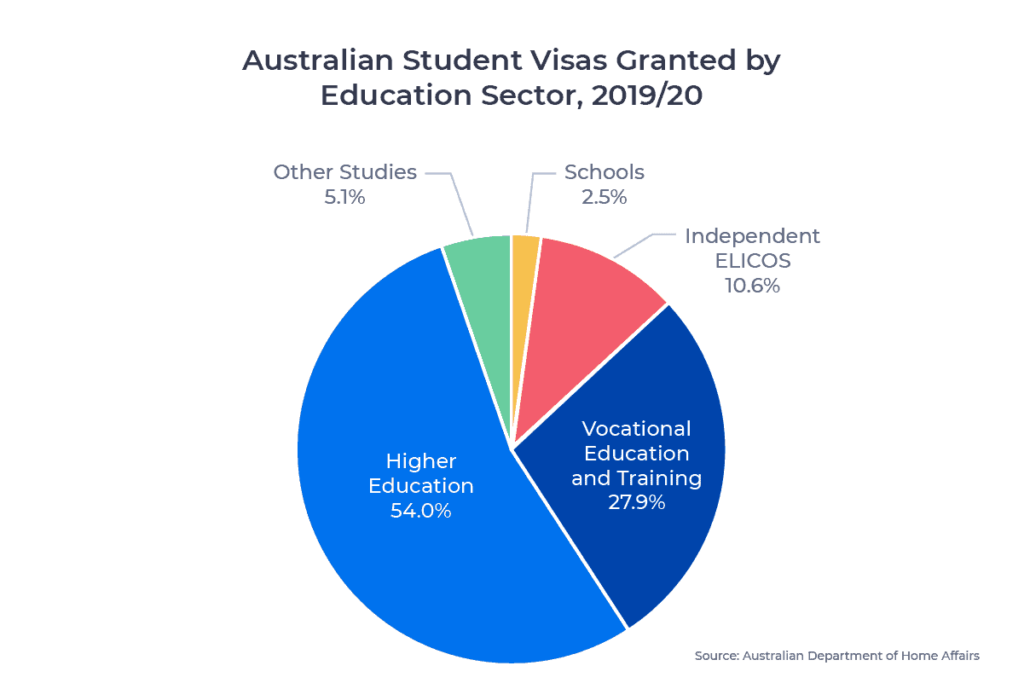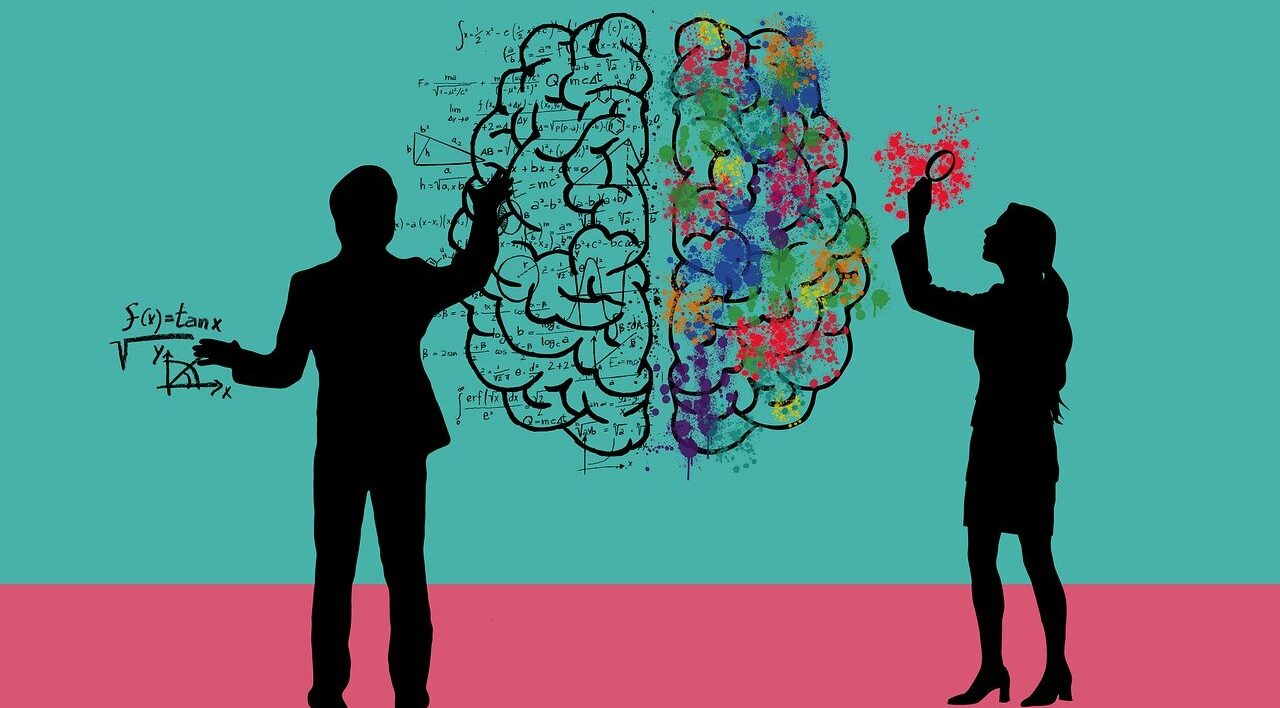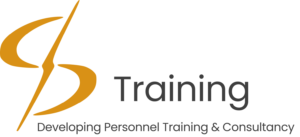How Australian Education Prepares You for Global Success
With just over 26 million population, Australia is a land of diverse landscapes and iconic wildlife and a hub for high-quality education. This remarkable country has established itself as one of the most popular study-abroad destinations, providing top-tier education and attracting students from around the world. It offers a rich and robust education system that prepares students to excel on an international stage.
Understanding Australia’s Education System
Australia’s education system is known for its robust structure and high standards. The system is divided into three main levels: primary, secondary, and tertiary education.
- Primary Education (ages 6-11)
Primary education in Australia typically covers the first seven or eight years of a child’s schooling, strongly emphasising foundational skills in numeracy, literacy, and science. It provides students with a solid academic base that forms the foundation for further learning.
- Secondary Education (ages 12-18)
Secondary education follows primary education and typically spans from Year 7 to Year 12. This phase is crucial in shaping a student’s future academic and career path. Students in Australia have the flexibility to choose subjects of interest, allowing them to explore their passions and strengths.
- Tertiary Education (Higher Education)
Tertiary education covers all formal education beyond secondary education. It includes Universities and Vocational Education and Training (VETs) institutions. Australian universities are renowned for their high-quality education and offer a wide range of programs catering to diverse fields of study.
The tertiary education system includes the following qualifications:
- Certification I
- Certification II
- Certification III
- Certification IV
- Diploma Courses
- Advanced Diploma/ Associate Degree
- Bachelors Honours
- Bachelors
- Masters
- Doctorate

Here is how Australian education prepares you for global success and why it’s a popular choice for students worldwide.
- Quality of Australian Education
Australia is ranked third among the best education systems in the world, a testament to the high standards and excellence that characterise its educational institutions. The universities and institutions in Australia are recognised and accredited worldwide, maintaining a reputation for providing a top-notch education.
The curriculum and academic standards are known for their rigour, promoting critical thinking, creativity, and problem-solving abilities. Students are encouraged to think independently and analytically, preparing them to navigate the complexities of the global landscape.
- Diversity and Multiculturalism
Australia is known for its diverse and multicultural population, and the diversity is also reflected clearly in its education system. It is home to a rich blend of cultures, and its universities attract students from all corners of the globe.
This multicultural environment enriches the educational experience and fosters a global perspective. Students interact with peers from various backgrounds, gaining insights into different cultures, customs, and ways of thinking. This exposure prepares them to navigate global business and cultural landscapes with ease.
- Curriculum Flexibility
The Australian education system allows great flexibility in terms of curriculum. Teachers can tailor programs to meet student’s unique needs. This flexibility allows for curriculum adjustments to accommodate diverse learning styles and integrate real-life applications and hands-on learning, fostering student engagement and improving academic performance. Moreover, it equips students with the essential skills and knowledge needed for success in the dynamic marketplace.
- Emphasis on critical thinking
The Australian education system places emphasis on nurturing critical thinking and problem-solving skills among students. Rather than simply memorising facts and figures, students are encouraged to analyse, question, and evaluate information independently.
This approach fosters a deep understanding of subjects and equips students with the ability to navigate complex challenges creatively. By promoting critical thinking, Australian education prepares individuals to make informed decisions, innovate, and adapt effectively in a rapidly evolving global landscape. These skills are integral for success in academia and personal pursuits on global levels.
- Language and Communication Skills
English is the primary language of instruction in Australian universities. As English is widely used in global communication and business, mastering this language is fundamental for success in the international arena. International students benefit from studying in an English-speaking environment, which helps them master the language and become confident communicators.
The education system ensures that students develop strong English proficiency and effective written and verbal communication skills. The ability to articulate thoughts and ideas clearly and concisely is a significant asset in the global job market.
- Vocational Education
Vocational education plays a pivotal role in preparing individuals for success on a global stage. Unlike traditional academic pathways, vocational education focuses on imparting practical skills and industry-specific knowledge, aligning perfectly with the demands of the contemporary job market. By offering hands-on training, internships, and industry exposure, vocational education equips students with the tools to seamlessly transition into careers in Australia and abroad.
- Soft Skills and Leadership Development
In addition to academic excellence, the Australian education system strongly emphasises developing soft skills such as adaptability, teamwork, and leadership. Students are encouraged to participate in extracurricular activities and community service, promoting teamwork, leadership, adaptability, and time management skills. These qualities are highly valued in the global job market and contribute to well-rounded individuals poised for success on an international scale.
- Building Global Networks
Australian educational institutions provide ample opportunities for networking and building professional connections. Alumni networks, industry collaborations, and vocational training facilitate interaction with professionals and experts. These experiences broaden horizons and open doors to future career opportunities on a global scale.
Conclusion
The Australian education system is designed to prepare students for global success. Being the third-best education system in the world, it attracts a diverse array of students from across the globe.
The country’s commitment to shaping globally competitive individuals is evident in its approach, making it a prime destination for those seeking a pathway to a prosperous and impactful future.
Are you looking to further your career or upgrade your skill sets? Explore accredited courses at DP Training, a leading training provider in Australia. Our range of nationally recognized certifications and diploma courses are tailored to empower local and international students.
Register with DP Training and take your first step towards achieving your career goals.
Frequently Asked Questions
1. How to choose the best courses in Australia for international students?
When choosing a course in Australia, consider factors such as your career goals, interests, desired duration of study, and budget. Research various courses available, their curriculum, faculty, and the reputation of the institution. Assess how each course aligns with your aspirations and educational requirements.
2. Are Australian qualifications accepted internationally?
Australian qualifications are widely accepted and respected globally. The Australian Qualifications Framework (AQF) provides a standardised system that ensures the quality and recognition of qualifications, making it easier for graduates to pursue further studies or careers abroad.
3. What are the best study programs in Australia?

There are several study options for undergraduates and graduates in Australia for local and international students. The most in-demand certifications, diploma courses, and graduation courses in Australia are in healthcare, community services, business management, transport and logistics, and technology industry.





